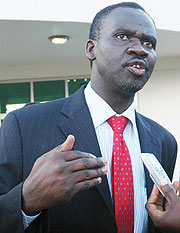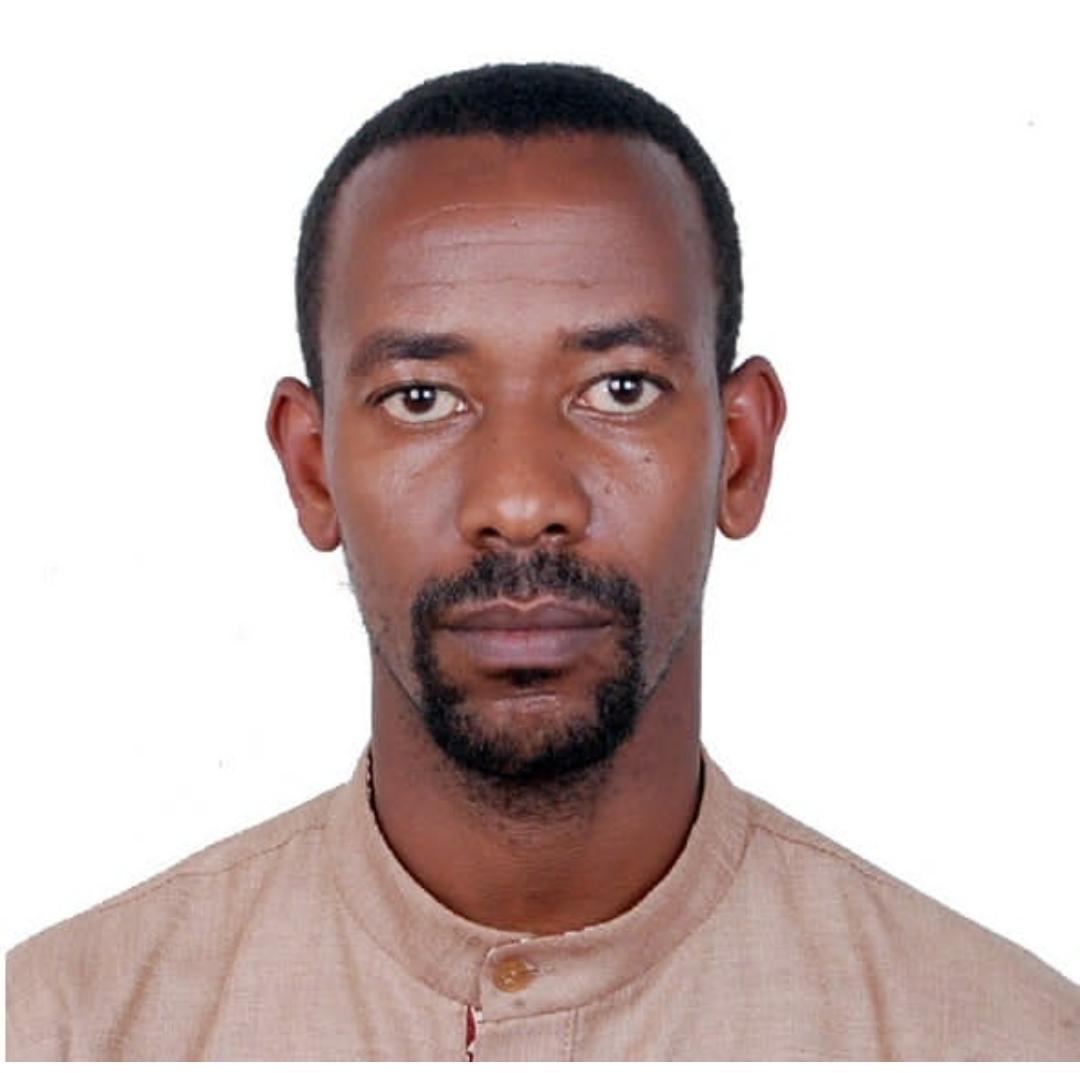Countries that share resources of the River Nile have vowed to go ahead and sign an agreement of equitable sharing of the world’s longest river with or without Egypt and Sudan on board. The agreement, dubbed the Nile ‘Cooperative Framework Agreement’, seeks the establishment of a permanent Nile River Basin Commission through which member countries will act together to manage and develop resources of the Nile.


Countries that share resources of the River Nile have vowed to go ahead and sign an agreement of equitable sharing of the world’s longest river with or without Egypt and Sudan on board.
The agreement, dubbed the Nile ‘Cooperative Framework Agreement’, seeks the establishment of a permanent Nile River Basin Commission through which member countries will act together to manage and develop resources of the Nile.
Egypt and to a lesser extent, Sudan, have for long resisted attempts by other Nile basin countries to modify their shares of the river per the 1929 and 1959 Treaties.
The old agreements grant Egypt the lion’s share of the Nile waters and has been criticized by other riparian countries as a colonial relic.
Under the treaty, Egypt is guaranteed access to 55.5bn cubic metres of water, of the total of 84bn.
In an interview with The New Times, the Minister of Environment, Stanislas Kamanzi, who represents Rwanda on the Nile Council of Ministers’ (NIL-COM) panel, said that a team of experts is currently revising the agreement and that ministers of the nine countries that form the basin will base on the recommendations to forge a way forward.
"The consultants are currently working on a report that will be presented to the ministers during the upcoming NIL-COM scheduled for April in Egypt,” said Kamanzi.
"It is from the recommendations of the consultants that we will base on to seal the deal the following month (May); in this case we have to sign the agreement with or without the two downstream countries.”
Kamanzi, was however hesitant to express whether or not he is optimistic that the countries will reach a final agreement on signing the pact.
"At the moment we are focusing more on the outcomes of the work by the consultants; this is what will give us the basis to table our positions,” he said.
This is not the first time countries are attempting to sign the document without success. Last year in Kinshasa, the nine nations failed to agree on a new Nile commission that would end 50 years of Egypt and Sudan’s dominance on the Nile resources.
Discussions ended without consensus, both Cairo and Khartoum refused to sign the new deal that would limit their water usage.
A subsequent conference in Alexandria, Egypt, last July also hit a snag as delegates pointed to Cairo’s inability to negotiate.
Egypt and Sudan depend almost entirely on the Nile for their agricultural production and are major users of the 6,700 km river’s waters.
The Nile basin covers about 3 million square Kms, making it the longest river in the world.
Member States of the Nile Basin sharing the river include Rwanda, Burundi, Ethiopia, Kenya, Uganda, Tanzania and the Democratic Republic of Congo, Egypt and Sudan.
Ends


